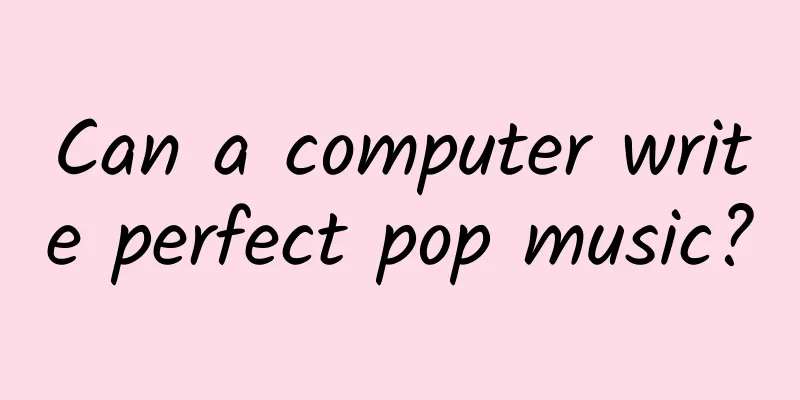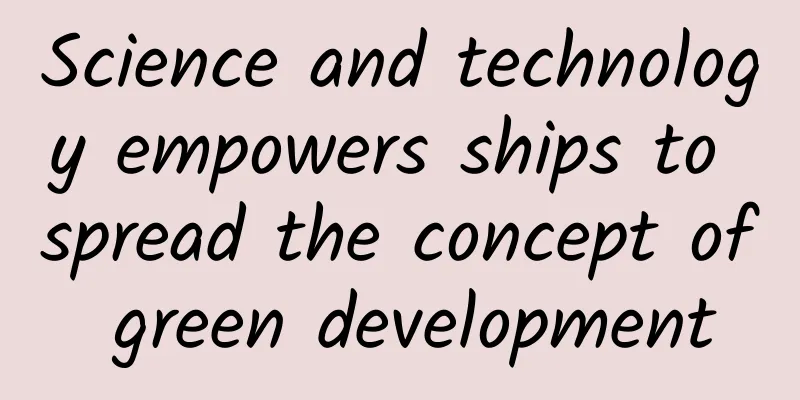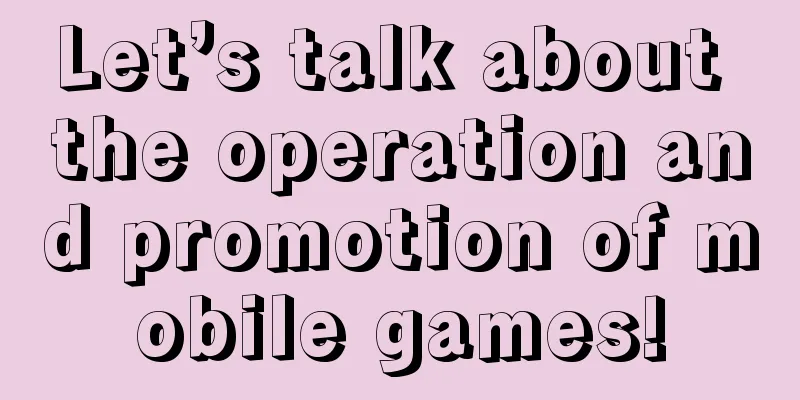Can a computer write perfect pop music?

|
The Atlantic Monthly recently published an article stating that due to social and cultural factors, it is still unlikely for computers to write popular pop songs. However, this does not mean that future pop stars will definitely be real people. The following is the full text of the article: Grab a blank sheet of sheet music, choose a key (major is preferred), and decide on a tempo (4/4, for example). Write down the melody, chorus, and bridge, with eight bars per line. Write lyrics based on a given theme, such as love, loss, or loneliness. And then, a pop song is born. Of course, 32 bars of music and karaoke-friendly lyrics don't necessarily make for a hit song. However, most hits share similar basic rules: a major key, a slow tempo, and a broad theme. So the question is: if pop songs are so easy to create, and always fall into a certain pattern, can they be reverse engineered and automated? Is it possible that a songwriter could just feed the theme into a computer, and the computer would automatically generate the melody and lyrics, giving them a song? John Covach, director of the Popular Music Research Institute at the University of Rochester, believes that this is not feasible if you want the song to attract listeners. Popular music emphasizes culture more than just musical creation. He pointed out that the songs that are popular today may not have been popular five years ago. If the first album was released today, the Beatles would not have achieved such a dazzling success. In addition, many songs are currently classified as pop songs, and popular songs usually have social and cultural significance. In other words, pop music often changes with fashion, so no one knows what songs will be successful in the future. A pop song that tops the charts always needs that extra element to grab the audience, just look at the songs of stars like Bruno Mars, Taylor Swift and Katy Perry. Anyone can come up with a blank sheet of music and create a pop song, but no one can be sure that such a song will resonate with enough listeners. Record companies and artists have tried to get around this by reverse-engineering hits, a practice that has focused particularly on rock music, said Susan Schmidt-Horning, a history professor at St. John's University and author of Chasing Sound, in which musicians study the sonic variations of electronic instruments and use some of those elements in new songs. For this reason, popular music is somewhat stereotyped. Similar music appears over and over again. Many musicians reuse popular melodies. Fixed combinations of notes are common, and there are only a few common rhythms. However, breaking down a song and using its elements to create similar songs has never been successful. The development of the pop music industry depends on the way we create and listen to music. The future pop star will not be a combination of Katy Perry, Miley Cyrus and Carly Rae Jepsen. The future pop star may be more likely to be Hatsune Miku. Hatsune Miku is a Japanese virtual pop star who can "perform" or "sing" on stage through 3D projection technology. Designed by Crypton Future Media, Hatsune Miku is essentially a sound synthesizer that uses human voices recorded in a database to perform. In recent years, Hatsune Miku has attracted many fans and has become a household name in Japan. She has performed as an opening act at Lady Gaga's concert and has also been invited to be a guest on "The Late Show with David Letterman". Last November, New York magazine published an article about Hatsune Miku in detail. The article said: "Depending on who you interview, Hatsune Miku is sometimes a pioneer of the future of pop music, and sometimes a female knight from holographic imaging in the apocalypse." The latter view is easy to understand. Hatsune Miku doesn’t exist in the real world, and if people are going crazy about virtual characters, how long will it be before we’re worshipping soulless pop culture created by computers? (Not any time soon.) If Hatsune Miku can perform in two distant locations around the world at the same time, will such a live performance really feel “live”? (Live is real enough.) If she can’t pose for photos and sign autographs, can such a virtual character attract fans? (The answer is yes.) Can a virtual character become a star? (Absolutely.) But for pop stars like Hatsune Miku, their success also relies on human capabilities. As Lindsay Zoladz writes in New York magazine: What's even more revolutionary is that all of her music, including the songs she performs in concert, is created by fans. Some of these creators can't even read music and couldn't have written songs before Hatsune Miku came along. Tara Knight, a professor at the University of California, San Diego, said: "Hatsune Miku is different from real people like Lady Gaga. Through this channel, you are actually expressing yourself." Hatsune Miku is thus a manifestation of human creativity. She sings popular songs written by fans, such as "Share the World" and "Package." During her performance, fans are encouraged to do the same. This means that Hatsune Miku is more like YouTube or SoundCloud, but with a specific face and "personality". Hatsune Miku has grasped the change in music production: musicians can create and release their works on multiple different platforms to a large number of fans. Greg Milner, author of "Making Music Perfect Forever", pointed out: "Artists no longer need to release their works through record companies, they are becoming more and more independent." Of course, artists won’t all turn into blue-haired avatars like Hatsune Miku. Simpler releases mean the pop music market will become more saturated. This also brings new challenges: Artists need to reverse engineer “popularity” itself, not just pop songs. No one has figured out how this will be done yet, but streaming music could be part of the answer. Currently, we listen to music in a variety of ways: on the radio, on our devices, and on old CDs and tapes. But over the internet, with services like Spotify, Pandora, and Rdio, we have more control over how we listen to music. Users input their tastes into these sites, which essentially tells them which songs and artists are popular. These sites can then play similar music based on the user's tastes. Understanding what listeners like and then recommending music is a form of reverse engineering. Still, current technology isn't perfect. For example, Pandora sometimes plays songs that users have said they don't like or that don't match their tastes. From an artist's perspective, if they want to attract fans, they need to reach people who have said they like similar styles of music. In addition, artists must grab the attention of such listeners before they switch to the next song. "Music is all around us because it's so flexible and so simple," Milner said. "Also, there are so many distractions in the world today that it's easy for us to be distracted. I think we'll hear more music, but we'll be willing to listen to less and less music." On this basis, using data to track people's listening preferences can be problematic. The more we listen to a song, the more popular it becomes, and more music studios will want to replicate its success. We like similarity, so similar sounds emerge over and over again, which can lead to pop music that seems to be cookie-cutter. In the future, if we want to discover new music, we will either have to search for certain artists or songs ourselves, or we will only know about them through new music clips. This has led to three new models of music distribution: album leaks (such as what Madonna and Björk have done), surprise albums (such as what Beyoncé has done), and models like U2 and Apple's cooperation in promoting "Songs of Innocence". This album appeared on the user's iPhone without the user's demand. However, it will be difficult for other artists to replicate this model in the short term. These factors portend a bleak future for pop music. But in reality, the pop music market is doing well. At least that's what Kovacs thinks. "No matter what happens, people will like to listen to songs with a certain melody or a higher quality," he said. "If you want a song to be successful, people need to feel that there are real people behind the music." It wasn’t that long ago that people could carry around a collection of songs. Now we have to do a lot more to keep our audiences’ attention. If that means we need the help of virtual beings projected onto a screen, the future of the pop music industry becomes even more confusing. As a winner of Toutiao's Qingyun Plan and Baijiahao's Bai+ Plan, the 2019 Baidu Digital Author of the Year, the Baijiahao's Most Popular Author in the Technology Field, the 2019 Sogou Technology and Culture Author, and the 2021 Baijiahao Quarterly Influential Creator, he has won many awards, including the 2013 Sohu Best Industry Media Person, the 2015 China New Media Entrepreneurship Competition Beijing Third Place, the 2015 Guangmang Experience Award, the 2015 China New Media Entrepreneurship Competition Finals Third Place, and the 2018 Baidu Dynamic Annual Powerful Celebrity. |
Recommend
WeChat chat history cloud storage is charged! Is it necessary?
WeChat, a social communication software with more...
Following the law of survival of the fittest, iPad mini may become history
This year's WWDC (Apple Worldwide Developers ...
Are baked sweet potatoes healthy? 8 questions about eating sweet potatoes
In winter, everyone will fall in love with hot ro...
Zhang Haiyin · 40 Lectures on Conceptualization of Psychoanalytic Cases
Zhang Haiyin: Psychoanalytic Case Conceptualizati...
iOS source code download: Draw the input words with animation
Functional classification: Special effects Suppor...
Changan CS55, the flagship model, may be launched on July 26
Recently, we learned from relevant channels that ...
Review the promotion and operation methods of the 618 event!
In this article, the author will take the 618 Mid...
Will artificial rainfall increase pollute the environment? You may have misunderstood. It is not possible to increase rainfall just because you want to.
During droughts, will relevant departments carry ...
Coffee dripped onto table, so scientists found a way to detect malaria
In life, everyone has the experience of accidenta...
How to transform Mars into a second Earth?
Among the planets in the solar system, Mars is th...
Miao Sang's iPad illustration system class for beginners will end in July 2021
Miao Sang's iPad illustration system class fo...
What can you do to save your contract phone that may be phased out?
For users who are used to buying bare-metal phone...
A fire broke out in a high-rise building in Tianjin. How should we escape when a fire breaks out in a high-rise building?
According to China National Radio, a fire broke o...
Limited production capacity: Can Samsung not come up with a big move?
Last month, Samsung announced that it would launc...









